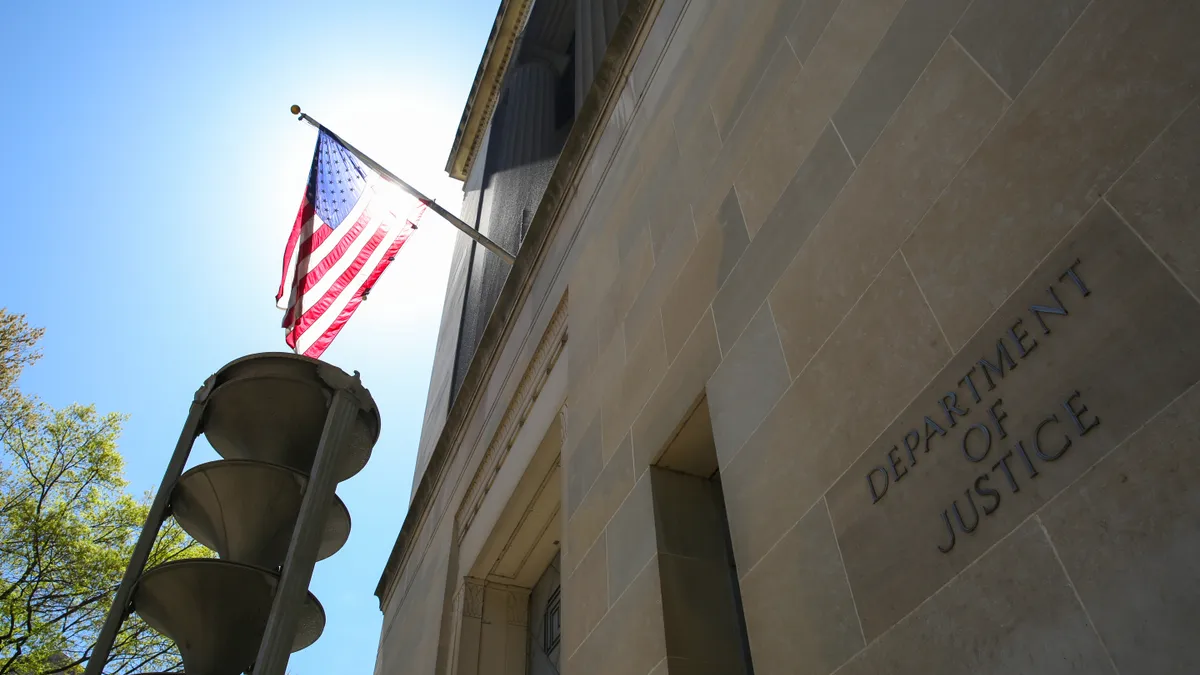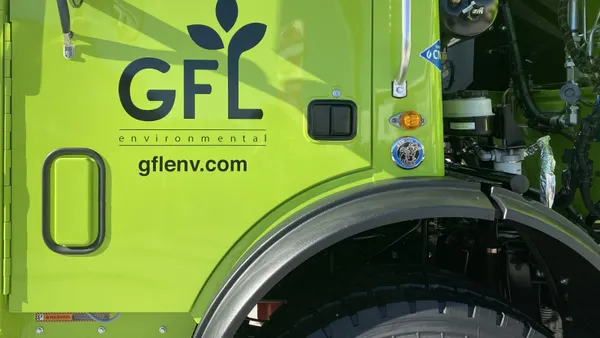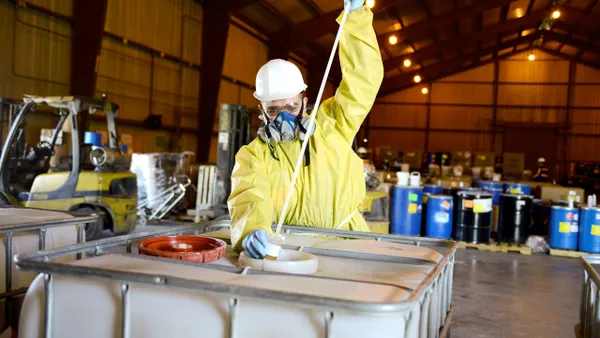Clean Harbors will be required to pay more than $5 million in fines and cleanup for contamination at a Superfund site north of Baton Rouge, Louisiana, the U.S. Department of Justice announced last week.
The site was contaminated by polychlorinated biphenyls, or PCBs, before Clean Harbors acquired it in 2002 through a purchase of certain Safety-Kleen assets, according to a company spokesperson.
The Devil's Swamp Lake site has been a sore point for the surrounding community for decades. It was originally opened by Rollins Environmental Services in 1969, and was later the subject of a class action lawsuit brought by residents affected by the PCB contamination. Rollins was acquired by Laidlaw Environmental Services, which subsequently merged with Safety-Kleen in 1998.
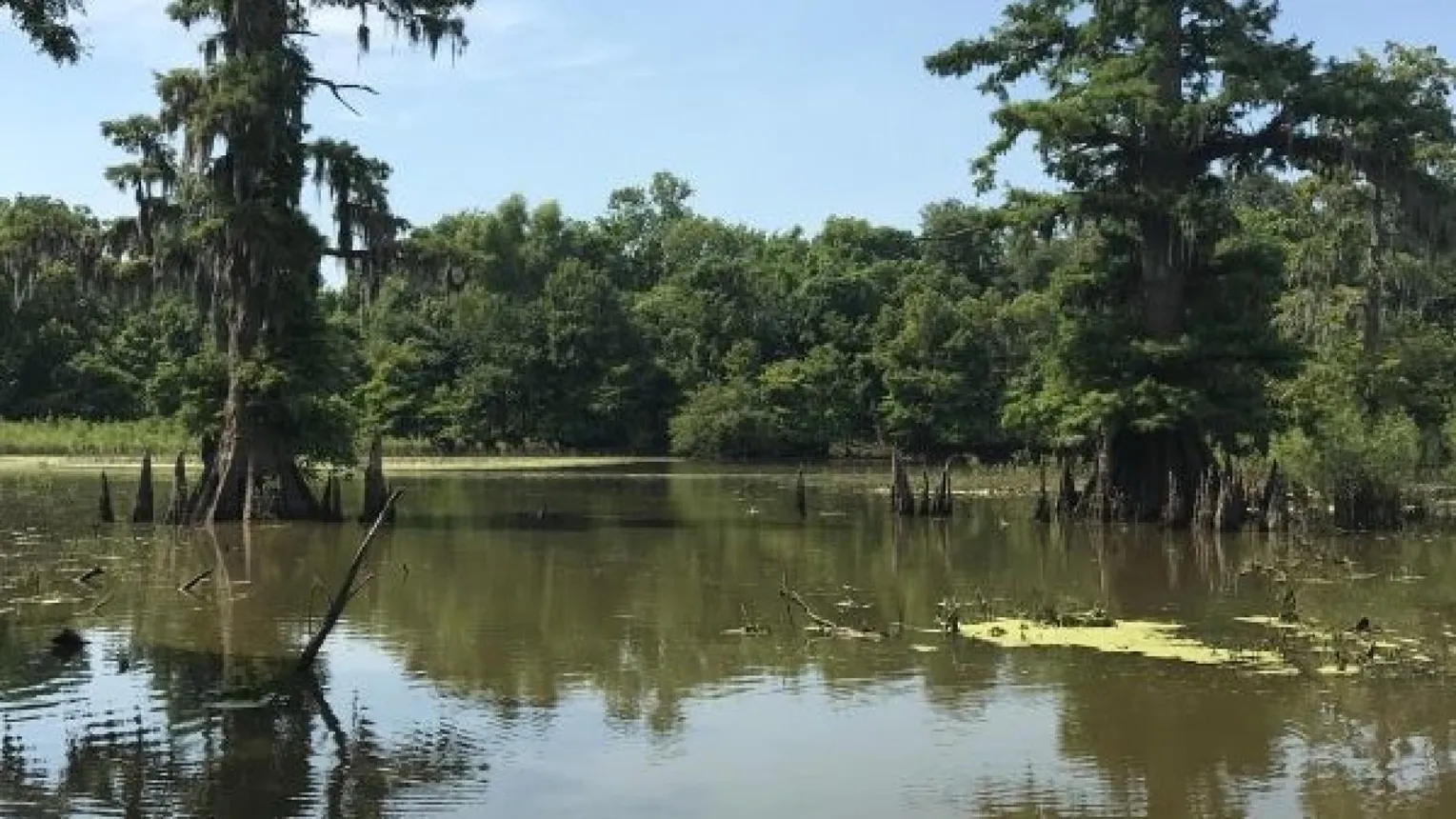
“We are pleased to have settled with federal regulators on this longstanding issue. We never operated the Rollins disposal facility that was designated by the EPA as a source of contamination to Devil’s Swamp, which occurred decades prior to our ownership of the site,” Jim Buckley, senior vice president of investor relations and corporate communications at Clean Harbors, said in an emailed statement.
As part of the settlement, Clean Harbors did not admit to any wrongdoing. The settlement is subject to a public comment period and final court approval.
The case grew out of a study that Clean Harbors performed in 2010 related to “a release or a substantial threat of a release of” a hazardous substance at the site, per the consent decree. Following a remedial investigation and feasibility study, the U.S. EPA finalized a decision on remediation actions needed for the site on Aug. 6, 2020.
Both sides agreed to the consent decree to expedite the cleanup and avoid "prolonged and complicated litigation," according to the decree. About $3.2 million will go to cleanup and $2.3 million will go to the EPA as reimbursement for the legal fees and costs it already incurred at the site.
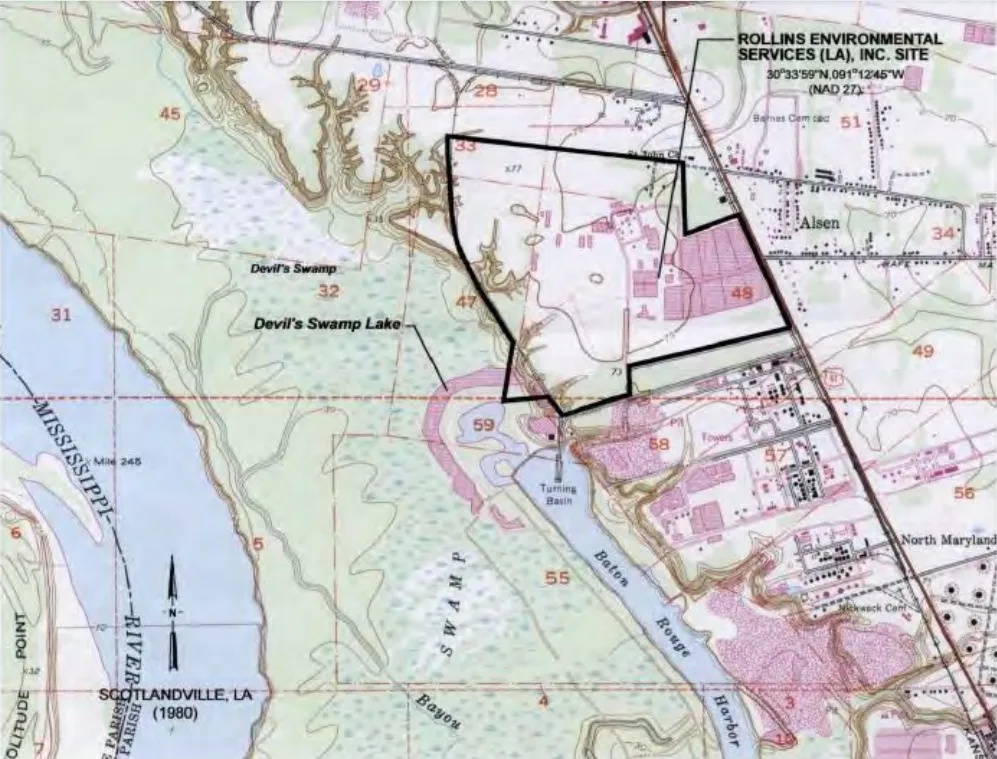
“The Devil’s Swamp Lake Superfund Site is located in an area that is unfortunately already overburdened by a variety of environmental problems,” Todd Kim, assistant attorney general in the DOJ’s Environment and Natural Resources Division, said in a statement. “This settlement will protect the public from the dangerous chemicals that have been contaminating Devil’s Swamp Lake for decades and bring the community one step closer to reclaiming this and other important natural resources.”
The swamp has been subject to a fish consumption advisory for several years due to PCBs accumulating in wildlife in the area. The agreement will see Clean Harbors cap a portion of a drainage ditch used on the site as well as a portion of the swamp to limit wildlife exposure to the contaminants. The consent decree estimates that in about 30 years those actions will bring PCB contamination in wildlife below the public health limit.
Clean Harbors says it still manages waste transportation for industrial and emergency services at that location. It also continues to do some limited wastewater treatment there, according to Buckley.



